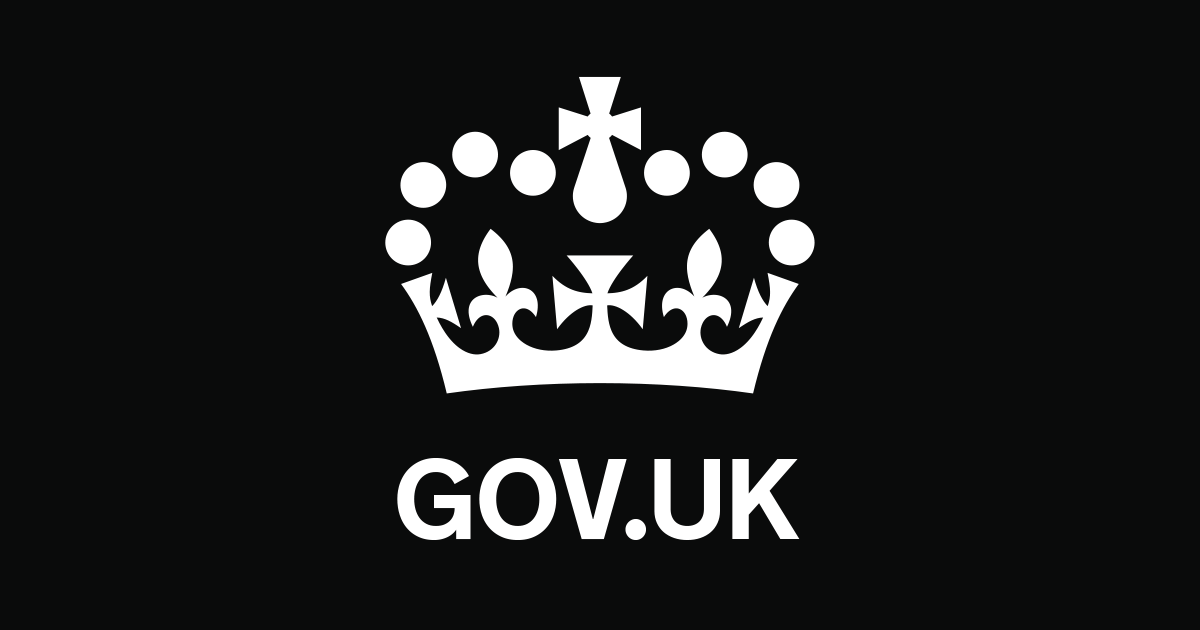
The FCDO advises against all but essential travel to:
- the whole of Costa Rica based on the current assessment of COVID-19 risks.
Travel to Costa Rica is subject to entry restrictions
- From 1 November 2020, all travellers proceeding from any country will be admitted into Costa Rica as long as they comply with the requirements below:
- Check the requirements for entry. From 26 October 2020, you will no longer need to have a negative COVID-19 certificate within 72 hours of departure, or self-isolate for 14 days. However, you will still need to buy insurance with specific cover requirements and complete an advance epidemiological information form. These requirements are likely to be strictly enforced
- If you are a resident of Costa Rica, you will be allowed entry into the country, but may have to self-isolate for 14 days. You must complete the epidemiological information form which will specify the exact actions to be taken
See Entry requirements for more information before you plan to travel.
Preparing for your return journey to the UK
If you are returning to the UK from overseas, you will need to:
Check our advice on foreign travel during the coronavirus (COVID-19) pandemic and sign up for email alerts for this travel advice.
Keep up to date with FCDO travel advice and social media. You can sign up for our email alert service to be notified of any updates to our travel advice. See our tropical cyclones page for advice about what to do if you are caught up in a storm.
If you are planning travel to Costa Rica, find out what you need to know about coronavirus there in the Coronavirus section.
During the COVID-19 pandemic, it is more important than ever to get travel insurance and check it provides sufficient cover. See the FCDO’s guidance on foreign travel insurance.
Commercial flights are not running normally. United Airlines, Iberia, Air France and Lufthansa are operating some flights and other airlines are resuming operations on certain dates. Check with the airlines or a travel agent. If you need consular assistance, email the British Embassy at consular.costarica@fcdo.gov.uk.
Around 91,000 British nationals visited Costa Rica in 2019. Most visits are trouble-free, but incidents of violent crime against tourists have increased. There have been incidents of robbery at gunpoint involving groups of British visitors, and 2 incidents in August 2018 that led to the deaths of tourists. See Crime.
Although there’s no history of terrorism in Costa Rica, attacks can’t be ruled out. Attacks involving an explosive device occurred in front of a parliamentary office building and a TV station in San Jose in June and July 2019 respectively. See Terrorism.
There have been a number of deaths and cases of serious illness in Costa Rica caused by drinking alcoholic drinks containing methanol. See Methanol poisoning.
Beaches in Costa Rica may have dangerous currents and these are not always indicated by signs. Life guards are not usually present. Seek local advice and take extreme care. See Swimming and water sports.
Cases of dengue in Costa Rica have been increasing year-on-year. The rise in cases in 2020 has been significant and is most pronounced in the provinces of Limon and Puntarenas. See Health.
UK health authorities have classified Costa Rica as having a risk of Zika virus transmission. For more information and advice, visit the website of the National Travel Health Network and Centre website.
Increased activity of several volcanoes has caused national park and airport closures and this could happen again at any time. See Natural disasters.
If you need to contact the emergency services, call 911 (English speaking operators are available).
If you’re abroad and you need emergency help from the UK government, contact the nearest British Embassy, Consulate or High Commission.